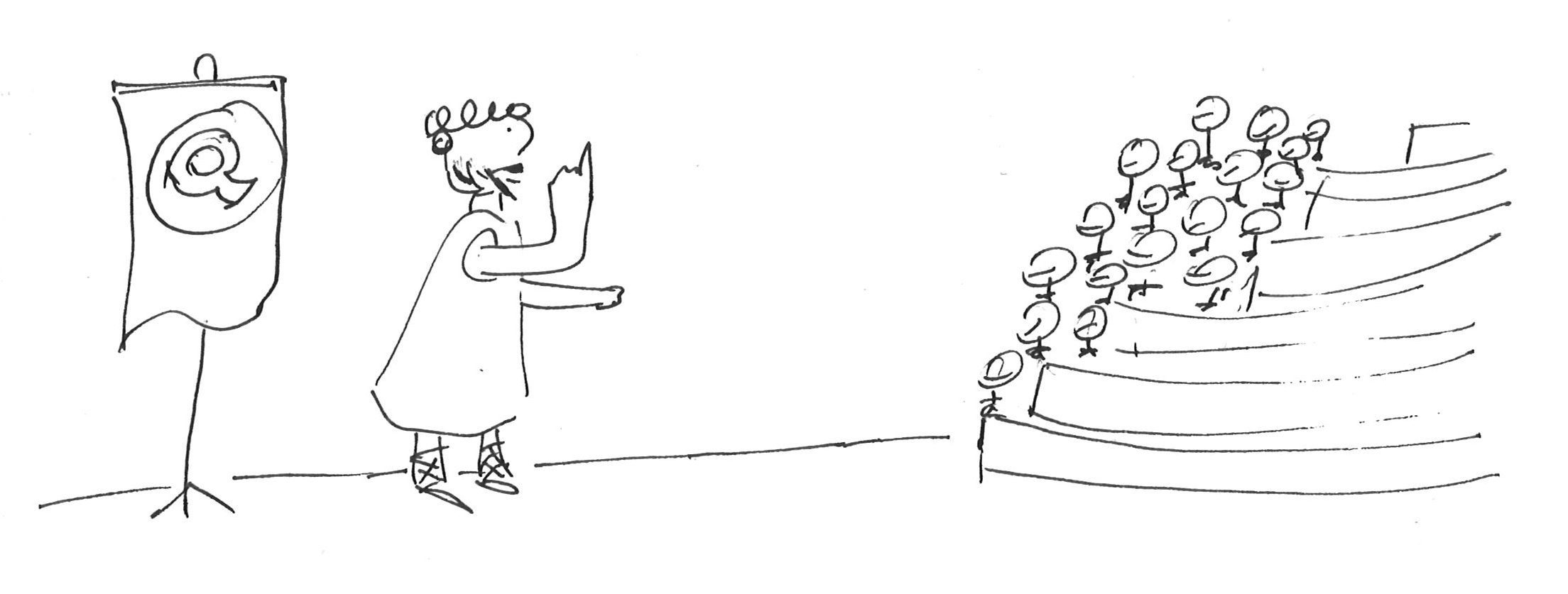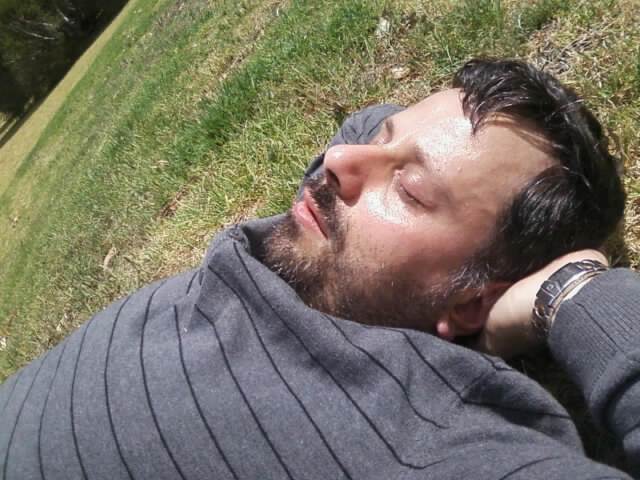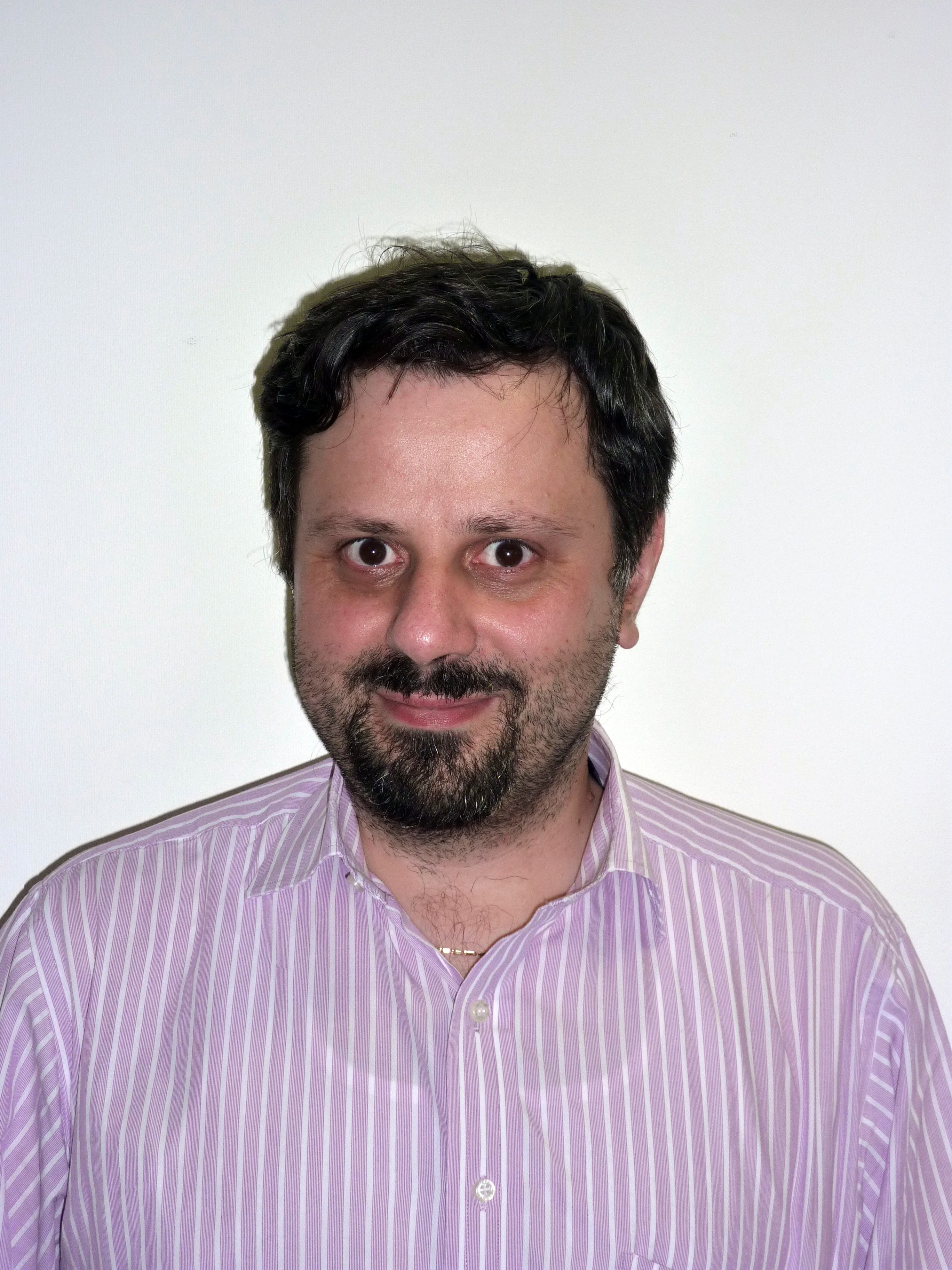Greeks in recent years have established contact with the Pontic-speaking Muslims of the Of Valley, who remained in Turkey after 1923. (Their autonym for the language, unsurprisingly, is Romeyka.) They are renowned as devout Muslims, prominent in Islamic learning. (One might ruefully speculate that they feel they have something to prove.) Any promotion of the Greek dialect has unsurprisingly being viewed with suspicion by the Turkish state, and its most prominent advocate Ömer Asan has been prosecuted by the government, and has moved to Greece.
(See Greek-speaking enclaves in Pontus today: The documentation and revitalization of Romeyka (Chapter 8) – Keeping Languages Alive)
What do Christian Greeks think of them? This is necessarily speculative, but I’m drawing on both introspection, and on a couple of Greek TV programs I have seen.
Awkward. On the one hand, they are a living connection to the Lost Homelands. They have preserved a language which in Greece itself is emblematic but moribund. They are friendly to the waves of refugee descendants going on pilgrimage back East. They are, in one sense, Our People.
In another sense, they remain the Other. They are clearly Not Our People. They are clearly Muslim Turks, not Crypto-Christians as the nationalist narrative would much prefer. They are those who got to stay when Our People were made to leave.
I watched a program where an old Muslim Rum sang a Christian song he remembered from his youth, on Greek TV, with several Christian Pontic guests present. The guests looked moved.
But they also looked profoundly unhappy.



